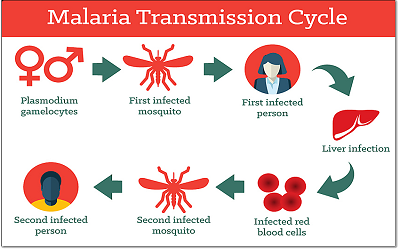随着PTE考生对PTE口语和PTE听力的重视,大家口语和听力的分数得到极大提高,但是PTE阅读渐渐成为考生们新的难题。墨尔本悉尼文波PTE特别为PTE考生们挑选了适合练习PTE阅读的文章,主题,内容,长度都与PTE阅读题中的文章相似。激活学过的词汇,更新新的词汇,提高阅读速度,全面提升自己的阅读能力。
Malaria may weaken the skeleton
Malaria parasites leave a trail of destruction in an infected person’s body. The microscopic invaders massacre red blood cells, produce harmful chemicals, and sometimes damage the brain. A new mouse study suggests that the parasites can also weaken bones. If they do the same in people, they could stunt the growth of children infected with the disease. But the study also provides some good news, identifying a potential way to prevent the skeletal decline with a compound similar to vitamin D.
“It’s important work,” says parasitologist Regina Joice Cordy of Emory University in Atlanta, who wasn’t connected to the study. “It’s taken us a step further,” she adds, in understanding the long-term effects of malaria infections.
Malaria parasites, which are transmitted through the bite of an infected mosquito, cause the most destruction during the part of their life cycle when they dwell in red blood cells circulating through the body. There, they reproduce and feast on oxygen-carrying hemoglobin proteins, releasing noxious byproducts. The parasites eventually explode from the blood cells, killing them in droves. Although researchers have also detected the parasites in bone marrow, where blood-forming stem cells reside, no one has known until now whether they damage the skeleton.





